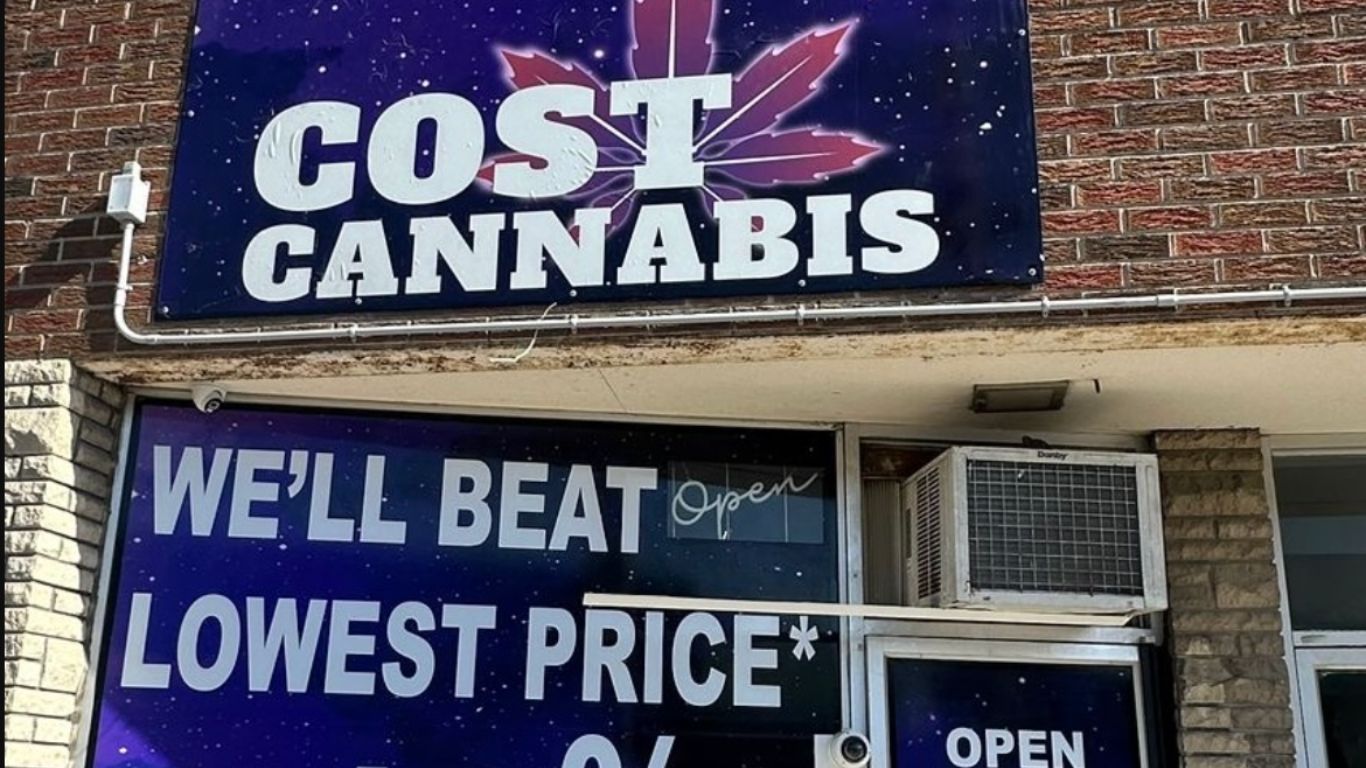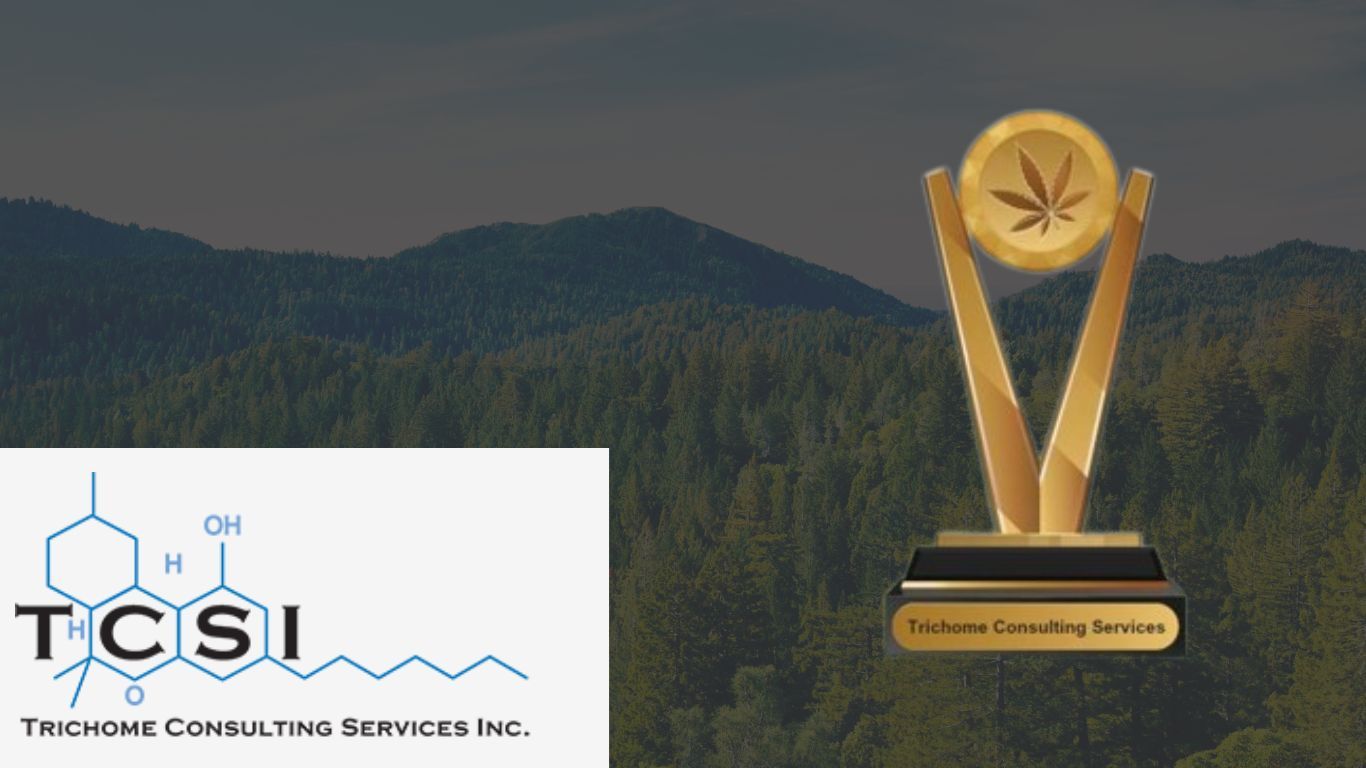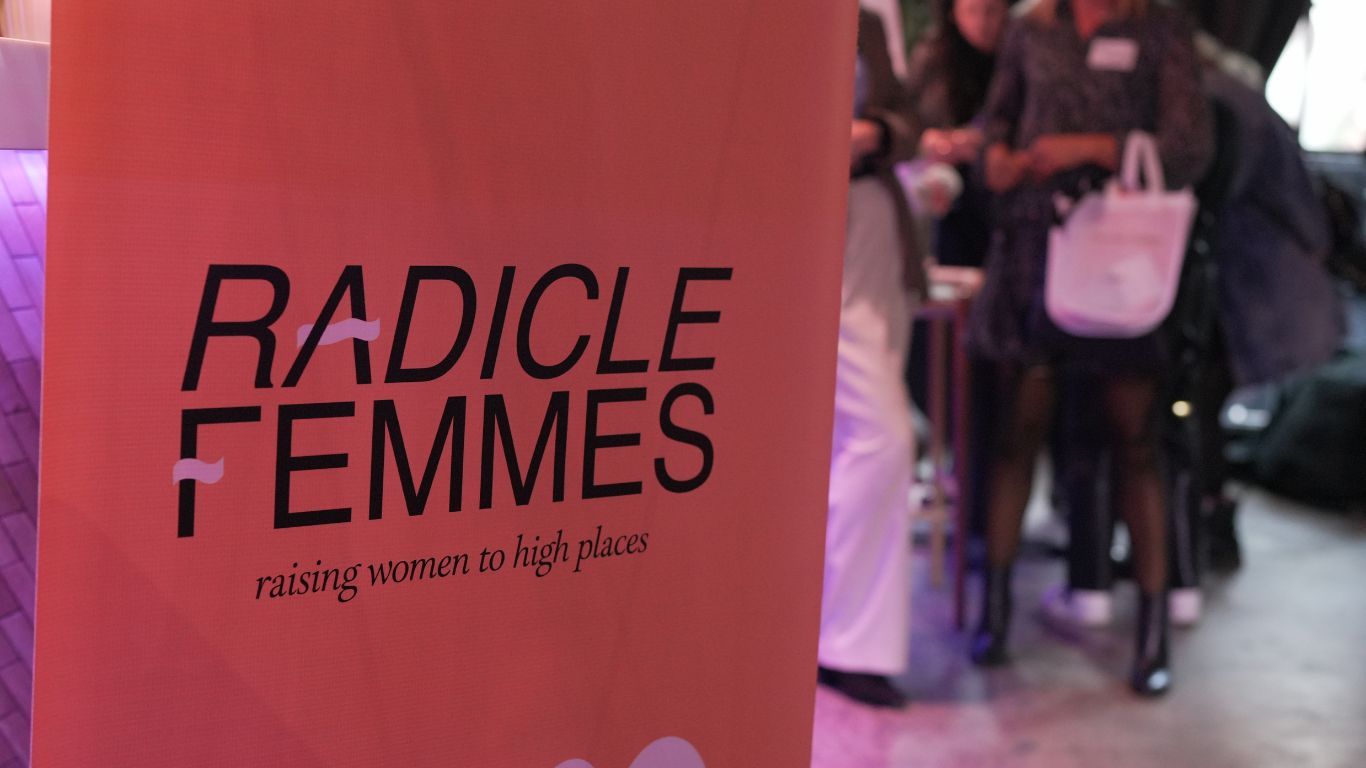
The Ontario Cannabis store has launched a “Buy Legal” public education campaign to inform consumers about the difference between legal and illegal cannabis.
In a company press release, the OCS connects the campaign to a study from April 2022 that showed that illegal cannabis products had significantly less THC than advertised and contained high levels of pesticides not authorized for use on cannabis.
The study was conducted by the National Research Council Canada (NRC) on behalf of the Ontario Cannabis Store (OCS) and Ontario Provincial Police (OPP) and is similar to testing results released by the OPP last year on dried cannabis and vape pens.
The test results showed that the legal edible products displayed a significantly higher degree of accuracy in THC levels than the illicit edible products when compared to their advertised amounts. The samples of illicit edibles had, on average, only 20% of the advertised THC levels. Some illegal samples contained up to 50 times below the advertised levels on the packaging.
Inaccurate THC levels were not the only issue with the illicit products. Of the 22 illegal products tested, 19 contained at least one unapproved pesticide, many of which were found to be several hundred times above the reporting limits listed in Health Canada’s mandatory pesticide testing requirements for cannabis.
“Customers can conveniently access a wide range of tested, quality-assured, traceable cannabis products for prices that are competitive with the illegal market, allowing them to make more informed choices so they are confident in their purchasing decisions,” notes the most recent OCS press release.
The campaign is accompanied by a Youtube video meant to mimic the old Unsolved Mysteries television series. In the video, a man that resembles the host of Unsolved Mysteries asks if anyone really knows what is in cannabis or where it can be found.
The campaign also highlights the thousands of legal products carried by the more than 1,500 cannabis retailers in the province.
However, not all of the industry is happy with the campaign. Matt Maurer, the co-chair of the Cannabis Law Group and a litigator with Torkin Manes LLP, says he believes the video itself breaks federal marketing regulations.
“I will preface this with whether I think it is a violation is quite different from my personal opinion on whether it should be a violation,” Maurer tells StratCann. “I do think it is a violation of the Federal (Cannabis) Act. Section 17 of the Act prohibits promotion completely, unless the promotion is otherwise permitted under the Act. Here, I don’t see any exceptions or exemptions under the Act where the ad would qualify.”
Maurer says the main issue, from his perspective, is it’s not an age-gated video.
“If it was age-gated, then it could arguably be an “informational promotion” but it is not age-gated. If you watch the advertisement and imagine that it was put out on television (also non-age gated) by a large chain like High Tide or Tokyo Smoke, you would almost certainly feel that it was offside. ‘The mystery of easy, convenient cannabis.’ ‘Hundreds of legal stores, with click and collect’.”
“The key issue for the legality of the ad in my opinion is whether or not the advertisement is to push the concept of buying legal in general vs. buying legal from the OCS,” he continues.
Sasha Soeterik, the owner of Flower Pot on Dundas in Toronto, says she is happy to see the OCS trying to promote legal cannabis, but feels the ad doesn’t do much to speak to new consumers or to help promote the province’s more than 1,500 legal stores.
“I don’t know who they’re trying to get here,” says Soeterik. “I do know they’re trying to be funny. I think 80% of their audience won’t get the reference, that show is from the 90s. I think they’re flashing their cash.”
Part of her concerns are that she feels the video doesn’t really highlight all the consumer options private retailers provide.
“I would applaud it if they said there are over a thousand retailers and then say you can find them all at this link,” she continues. “They can advertise themselves but also mention who’s really out there on the street grinding it out with customers.
“I don’t see their ad bringing them any illicit market customers over that weren’t already there. And I don’t see it as a support to retailers. It should be much more directed towards us. They should mention our delivery, they didn’t even mention that. It just seems a little… tone deaf.”












